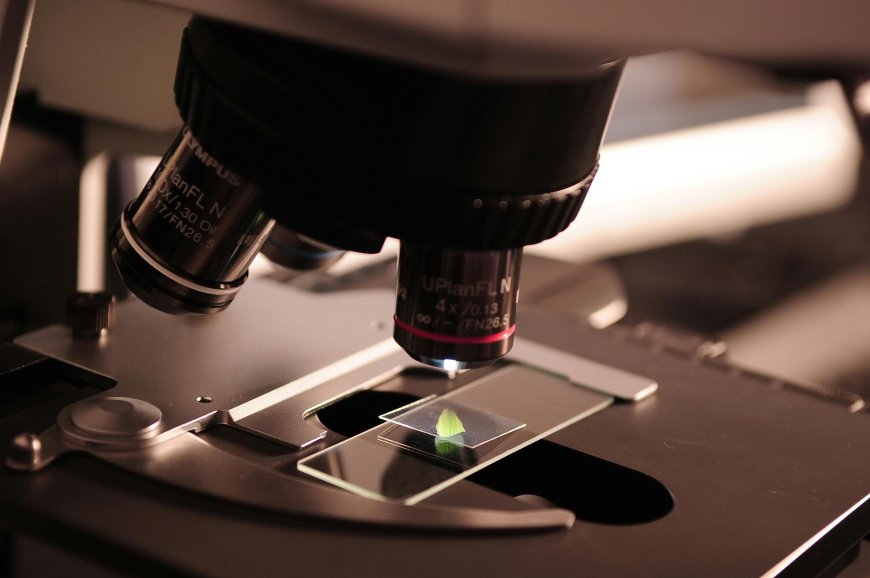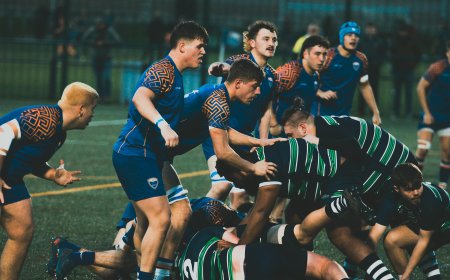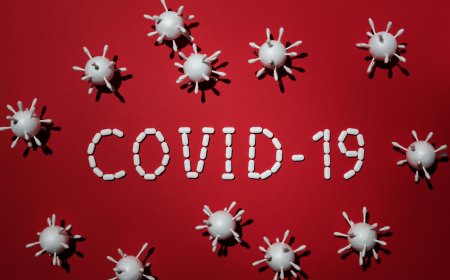Pioneers of Medical Science Who Changed the World
Discover the pioneers of medical science whose breakthroughs in vaccines, surgery, and modern medicine saved millions of lives and transformed healthcare.

Throughout history, humanity has been plagued by disease, epidemics, and limited knowledge of the human body. But a handful of brilliant minds — doctors, scientists, and researchers — revolutionized medicine. Their discoveries didn’t just heal individuals; they reshaped entire societies by extending life expectancy, eradicating deadly illnesses, and laying the foundation of modern healthcare.
Let’s look at some of the most influential pioneers of medical science whose legacies continue to shape how we live today.
Hippocrates: The Father of Medicine
Often called the “Father of Medicine,” Hippocrates (c. 460 – c. 370 BCE) transformed healing from superstition to science. He emphasized careful observation of symptoms and believed diseases had natural causes, not divine punishment.
The Hippocratic Oath, still recited by doctors worldwide, embodies his lasting contribution: the moral duty of physicians to care for patients ethically.

Louis Pasteur: The Germ Theory Revolutionary
In the 19th century, Louis Pasteur changed medicine forever with his discovery of the germ theory of disease. He proved that microscopic organisms caused illness — a radical idea at the time.
Pasteur also developed the rabies and anthrax vaccines and pioneered pasteurization, which still keeps food and drinks safe today. His work paved the way for modern microbiology and infection control.
Florence Nightingale: The Lady with the Lamp
More than a nurse, Florence Nightingale was a reformer who revolutionized patient care. During the Crimean War (1853–1856), she introduced rigorous sanitation practices, drastically reducing mortality rates.
Her influence extended beyond the battlefield: she established the first professional nursing school, making nursing a respected career. Today, Nightingale remains a symbol of compassion and evidence-based medical care.
Edward Jenner: The Pioneer of Vaccination
Before the discovery of antibiotics, infectious diseases devastated populations. Edward Jenner’s smallpox vaccine in 1796 was a turning point in history. By using material from cowpox blisters, Jenner created immunity to smallpox — a disease that killed millions.
His innovation eventually led to the complete eradication of smallpox in 1980, proving that science could defeat humanity’s deadliest foes.

Marie Curie: The Scientist Who Harnessed Radiation
Though more often celebrated as a physicist, Marie Curie’s discoveries of polonium and radium revolutionized medicine. Her pioneering research on radioactivity led to the development of radiotherapy, now a crucial treatment for cancer.
Curie was also the first woman to win a Nobel Prize — and the only person ever to win in two different sciences (Physics and Chemistry). Her courage in pursuing knowledge, even at the cost of her health, transformed both science and medicine.
Alexander Fleming: The Accidental Savior
In 1928, Alexander Fleming noticed that mold growing in his lab killed bacteria. That chance observation led to the discovery of penicillin, the world’s first antibiotic.
This breakthrough turned deadly infections into treatable conditions, saving millions of lives. Penicillin opened the door to the antibiotic era, reshaping modern medicine and warfare by reducing infection deaths dramatically.
Jonas Salk: The Man Who Defeated Polio
In the 1950s, polio terrified families worldwide, paralyzing or killing thousands of children. Jonas Salk developed the first effective polio vaccine in 1955 — and famously refused to patent it, declaring: “Could you patent the sun?”
His selflessness and scientific achievement virtually eliminated polio in most parts of the world, offering hope that the disease may one day disappear entirely.
Rosalind Franklin: The Hidden Hero of DNA
While James Watson and Francis Crick are often credited with discovering DNA’s double helix, Rosalind Franklin’s X-ray diffraction images provided the crucial evidence.
Her contribution, long overlooked due to gender bias in science, has since been recognized as essential to modern genetics, biotechnology, and medicine. Without her, our understanding of heredity and molecular biology would not exist.
Why These Pioneers Matter
Each of these pioneers had one thing in common: they dared to challenge existing beliefs. From Hippocrates separating science from superstition, to Salk eradicating polio without seeking profit, these individuals made medicine a tool for humanity’s progress.
Their breakthroughs are not relics of history — they live on in every vaccine, hospital, and treatment that saves lives today.
FAQs
Q1: Who is considered the father of modern medicine?
A1: Hippocrates is widely regarded as the father of medicine for introducing observation and ethics into medical practice.
Q2: Who invented the first vaccine?
A2: Edward Jenner developed the first vaccine against smallpox in 1796.
Q3: How did Florence Nightingale impact medicine?
A3: She reformed sanitation and nursing, drastically lowering death rates and professionalizing healthcare.
Q4: Who discovered antibiotics?
A4: Alexander Fleming discovered penicillin in 1928, revolutionizing infection treatment.
Q5: Which medical pioneer helped defeat polio?
A5: Jonas Salk created the first polio vaccine, helping nearly eliminate the disease worldwide.
What's Your Reaction?
 Like
0
Like
0
 Dislike
0
Dislike
0
 Love
0
Love
0
 Funny
0
Funny
0
 Angry
0
Angry
0
 Sad
0
Sad
0
 Wow
0
Wow
0






































































